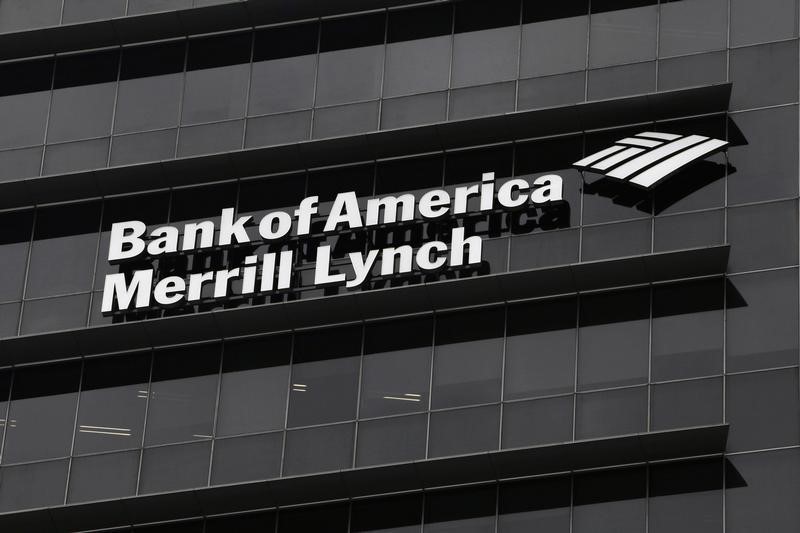By Yeganeh Torbati
WASHINGTON (Reuters) - Most U.S. aid groups working abroad face the unintended consequences of U.S. banking regulations aimed at preventing terrorist financing, just as the number of people displaced worldwide has reached record levels, according to a survey published on Tuesday.
Two-thirds of U.S. non-profits working internationally experience banking problems, according to the survey commissioned by the Charity & Security Network and funded by the Bill and Melinda Gates Foundation.
Fifteen percent of non-profits experienced those problems constantly or regularly. Smaller organizations were more likely to face banking barriers, the report found.
Major western banks have pulled out of certain lines of business or parts of the world because they fear violating tighter U.S. regulations, a trend referred to as "de-risking." Those hit hardest include charities, money remittance services, and even entire regions.
The most common problems charities face include delayed wire transfers, sometimes stretching into weeks, requests for more documentation, and higher fees, the survey found. Some non-profits see their accounts closed or banks refuse to open accounts for them in the first place. Non-profits are forced to use riskier ways to move money, including carrying cash, the report said.
The Swasia Charity Foundation has had problems accessing banking services ever since it was founded in New Jersey in 2012 to provide aid to Syrians affected by the civil war, Rami Bitar, a board member, said in an interview.
In 2014, Bank of America Corp (N:BAC) blocked a transfer for about $35,000 because Swasia's treasurer mentioned the money was destined for an education program in a Syrian village. The bank asked for more information and in the end did not complete the transfer, Bitar said.
The same year, JPMorgan Chase & Co (N:JPM) gave the group two months' notice before it closed its account, Bitar said.
"We did not inquire about why or whether they can do it or not," Bitar said. "We assumed the reason behind it is that we are a charity for the Syrian people and simply that was it."
Bank of America and JPMorgan Chase declined to comment.
Critics say the U.S. government is primarily concerned with stopping terrorist financing, an approach they argue drives transactions outside the formal financial system and makes it harder to track illicit activity.
"They want the bad guys out and that's the only thing they're set up to do," said Scott Paul, senior humanitarian policy advisor at Oxfam America.
A State Department official said the U.S. government's interests are served by charities being allowed to do their work, but that priority competes with that of protecting the global financial system from abuse.
"It's not like there are great solutions that are leaping forward that are being ignored by anyone," said the official, on condition of anonymity.
The Treasury Department declined to comment.
